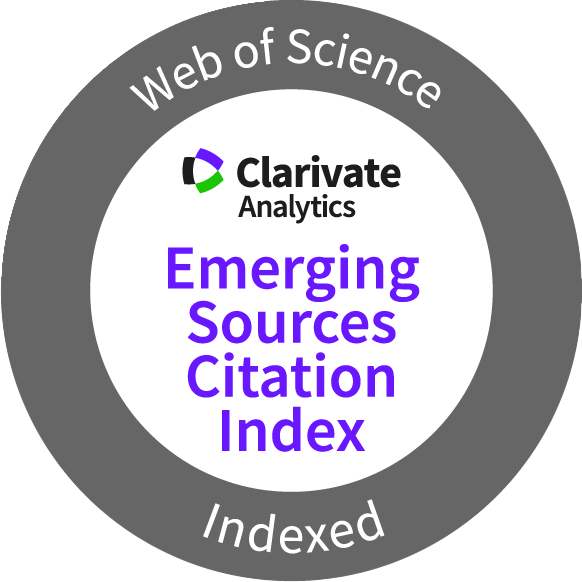Pacific Prehistory and Theories of Origins in the Work of Reverend William Ellis
DOI:
https://doi.org/10.70460/jpa.v8i1.209Keywords:
Polynesia, London Missionary Society, William Ellis, Pacific prehistory, 19th-century ethnologyAbstract
The involvement of Christian missionaries in the development of Pacific archaeology often remains on the fringes of the discipline’s history. This paper aims to contribute to this area of research by exploring the ideas, methods and legacy of one missionary theorist: Reverend William Ellis (1794–1872). Through an exploration of Ellis’s work in Polynesia, specific focus will be directed to the ways in which he read interpretations of Pacific prehistory in material culture, linguistics, oral traditions and island landscapes. Ellis’s theories attracted interest from eminent individuals such as Charles Darwin and John Dunmore Lang, creating a complex network of knowledge exchange between missionaries, Pacific Islanders and armchair ethnographers. The involvement of missionaries in early ethnology arguably forms an integral part of the foundations of Pacific archaeology. Investigating and analysing the content and context of work by those such as Ellis has value for understanding the development of the discipline.Downloads
Published
02-03-2017
How to Cite
Haddow, E. (2017) “Pacific Prehistory and Theories of Origins in the Work of Reverend William Ellis”, Journal of Pacific Archaeology, 8(1), pp. 1–11. doi: 10.70460/jpa.v8i1.209.
Issue
Section
Articles
License
https://creativecommons.org/licenses/by/4.0/








